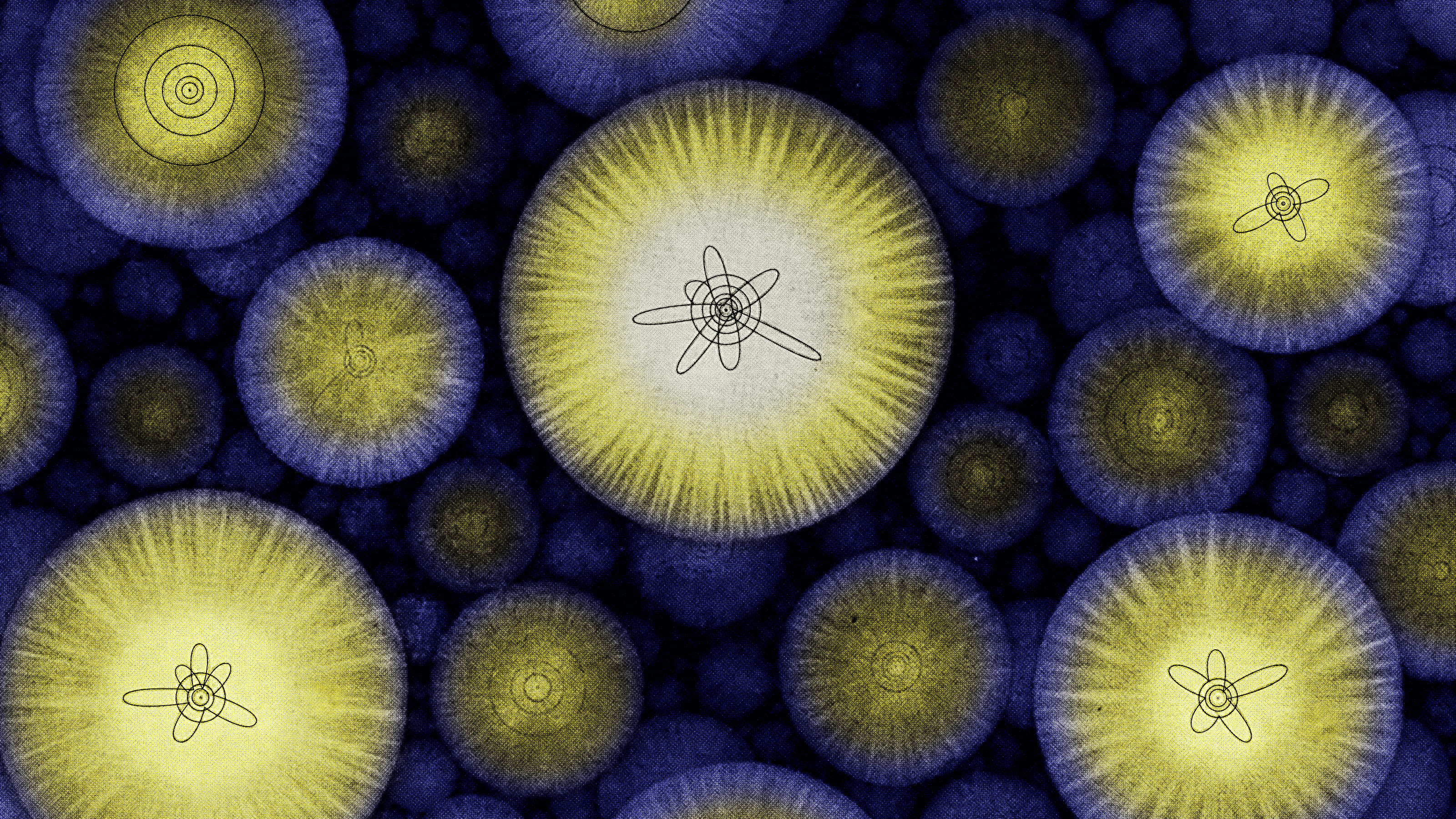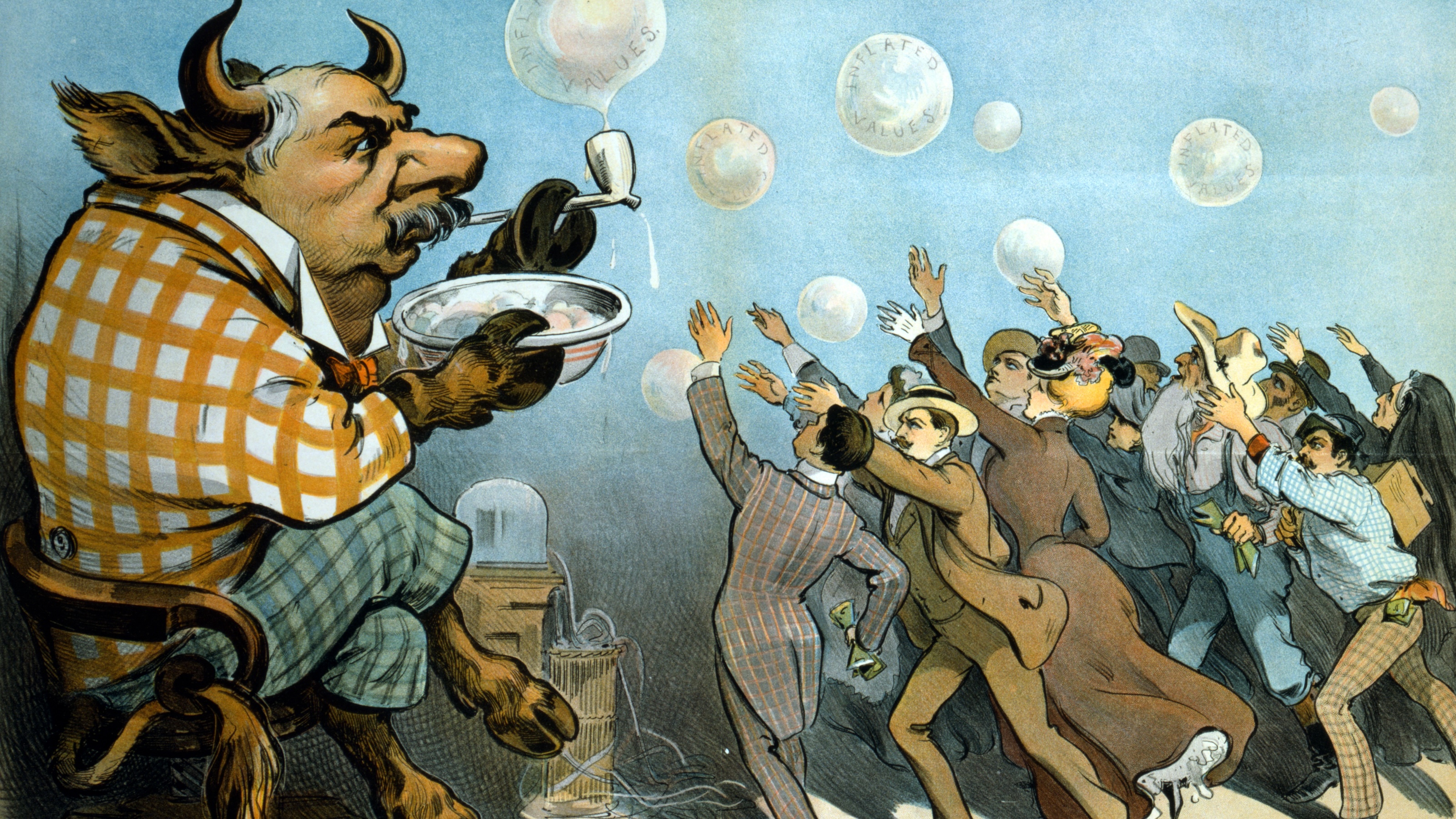Shashi Tharoor talks about the reach of the UN today.
Question: What impact does your work have on the world?
Shashi Tharoor: When you work for an institution like the United Nations, the institution itself is at the center of some of the great human events of our time. And so to be able to work with that institution means making your contribution to forces far larger than any . . . than any individual. I mean the boat people crisis wasn’t solved by any one individual or any one set of individuals. It was a gigantic effort that involved a large number of countries and their governments, the United Nations, and the good will of a large number of non-governmental organizations and private individuals. So each of us played a part, but that part obviously engaged our consciences and our human qualities. And that’s what made a big difference. I . . . I remember how in . . . in Singapore when I was dealing with all the refugees rescued at sea, I could put my head to the pillow at night knowing that things are done during the day . . . _________ attempts I’d made with immigration officials; my creative . . . creativity or ingenuity; the rapidity and effective action of my staff. All of that had actually made a difference to real human beings’ lives. Well I remember stories after stories, and I can tell you one about a young Vietnamese family that left their country in a tiny boat with a cannibalized tractor engine or something. And sure enough the engine conked out, so they began drifting aimlessly in the South China Sea. They ran out of food. They ran out of drinking water. And they were subsisting on rainwater and hope. They had two small children with them – a baby and an infant – so the parents slit their fingers and made the babies suck their blood in order to have enough nourishment to survive. Now when this family was rescued, as it happens by an American ship, they were too weak to even stand up. They actually had to be bodily lifted from the boat and taken on board the ship. And when the ship docked the next day in Singapore Harbor, my staff and I had to rush this family to intensive care in a Singapore Hospital, which meant begging and pleading with the authorities to bend all sorts of rules to allow this to happen instantly because their lives were in danger. And then to see the same family a few months later healthy, well-dressed, ready to embark upon a new life in the U.S., quite honestly a few jobs provided the sort of satisfaction that does. Does one see that as an individual contribution? No, because I think the contribution one was able to make would not have been possible to make without the United Nations. The great strength of working for the U.N. was the U.N. was an organization to which all governments belonged. You can say that, you know, anybody can have refugees. Church groups do it all the time. Compassionate individuals do it all the time. And sure I use both church groups and compassionate individuals in my camp. But only a U.N. official like myself could talk to governments with the kind of authority that a church group can’t. Because I could use the intergovernmental clout of the U.N. to win asylum permission, disembarkation permission to get the various ministries concerned to get ships into the port to allow refugees on board to allow them temporary shelter in hospitals and in camps in Singapore. And then there was only the governmental clout that enabled me to persuade immigration officers from a dozen different countries to take people who weren’t otherwise qualified for resettlement in those countries. So the U.N. gets the credit, not any individual, for having been the mechanism through which this great human drama can be resolved. But I would say that what individuals contribute in institutions like the United Nations, or the U.S. government, or any other large body is their intelligence, their drive, their integrity, their willingness to put in all the long hours it takes . . . I remember handling peacekeeping in the former Yugoslavia. I had small kids at home, but I was often getting back home at midnight because if I didn’t get a particular cable of instruction, or guidance, or information off to Yugoslavia before I . . . I left the office, because of the time difference if I did it the next morning, my colleagues in Yugoslavia would lose an entire day. So there was no question that, you know, you had to devote yourself to putting, frankly, the work ahead of anything else in order to ensure it was done. And that sort of contribution is often lost sight of in . . . in . . . when people study the work of large institutions. Institutions are made up of people. And what those people do, and how they do them, and with what skill, and intelligence, and talent, and conviction and conscience they do them makes all the difference in the world.
Recorded on: 9/18/07





